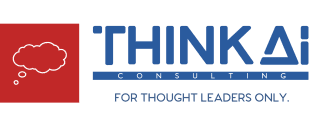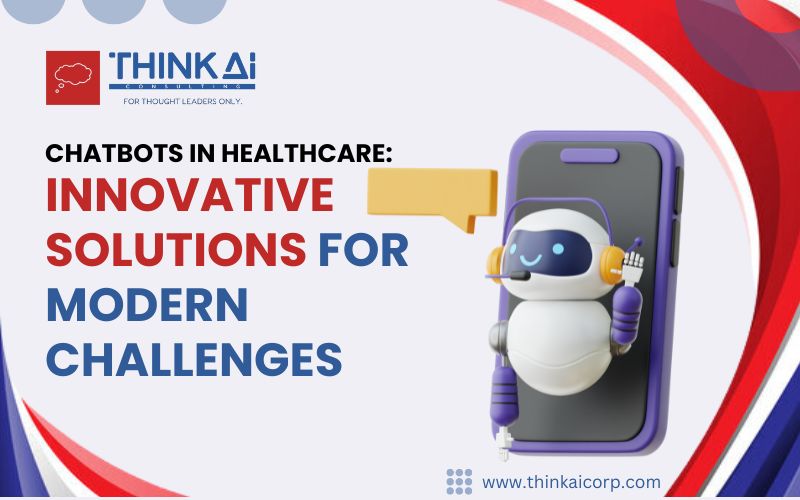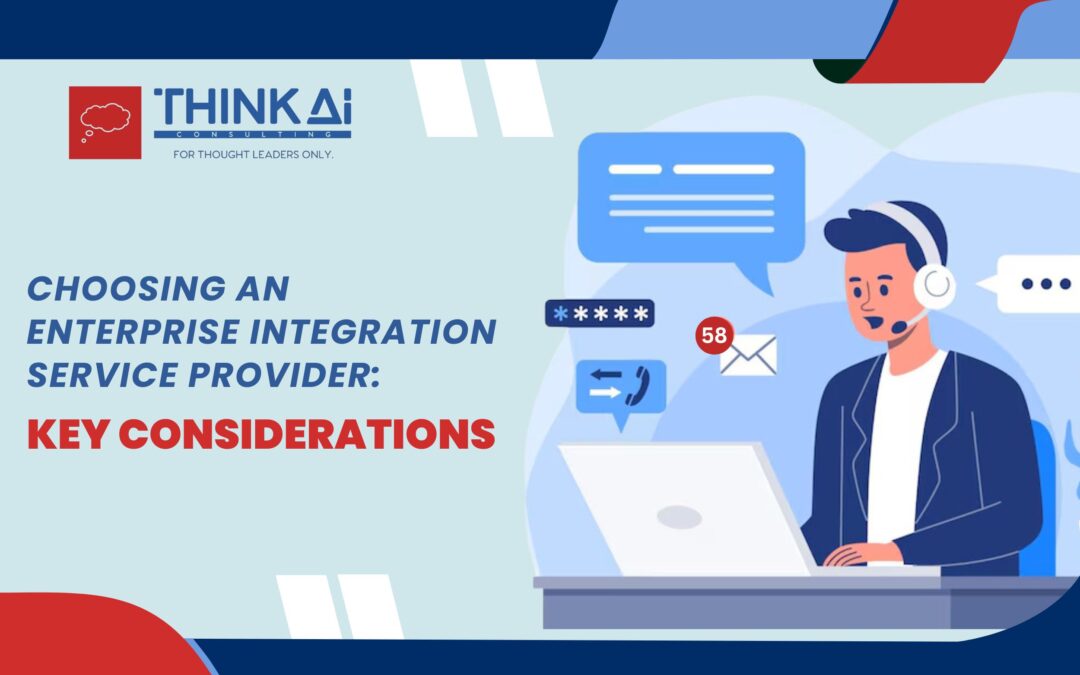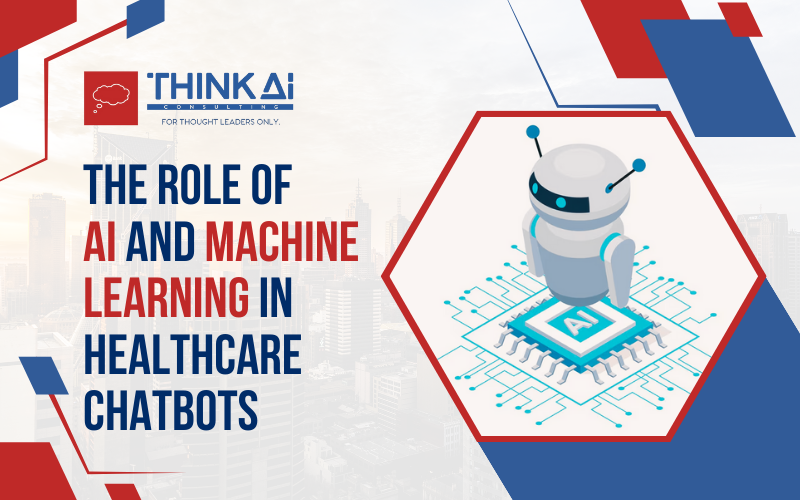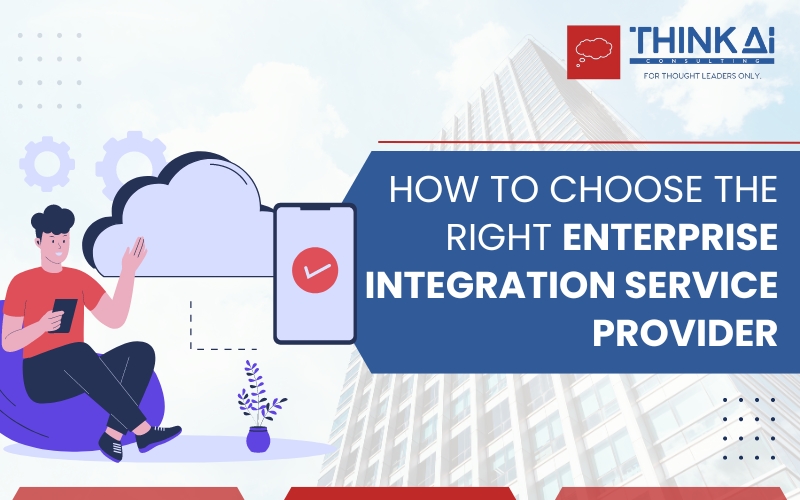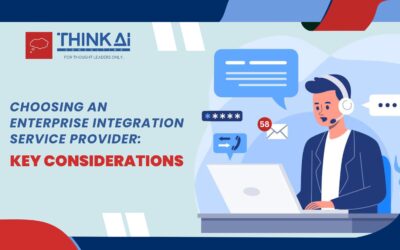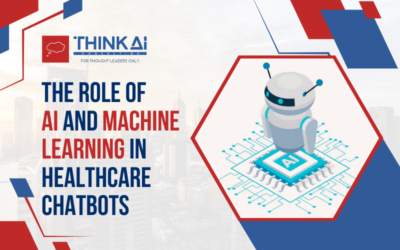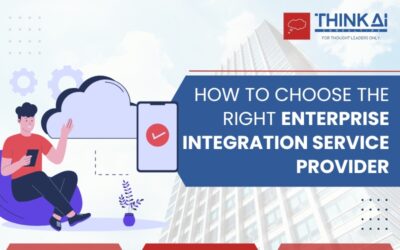In an interview with Christina Cala, Founder and CEO of CALAborate, Manish Bhardia discussed how Think AI values collaboration in their business on Christina’s interview series, Collaboration Conversations.
When asked why Microsoft is the central software at Think AI, Manish shared some personal insight;
“I started as a developer in the Microsoft world and I really liked the ease of use Microsoft tools provided us in programming, and that gave me an affection for Microsoft. That this company is making things easy for everybody on the planet, on every desk. And that’s why when we started Think AI as a business, I knew that if we could build on Microsoft Technology using Visual c++, .net, cloud, Office 365, and help end users become more productive then that would be a good win for us as a business, because we would be bringing the latest in technology and making it useful for end users.”
When asked how Think AI values collaboration, Manish shared with Christina;
“Collaboration, or the productivity which comes out of collaboration, is our biggest focus. We consider ourselves a productivity consultant, as the end result of technology is often productivity improvement. We work in teamwork solutions such as Teams and Share Point, and that totally relates to how a company can improve collaboration. So I would say collaboration is our biggest focus whenever we are working with any client. We focus heavily on how you can improve as a individual, collaboration with others and as a team, collaboration with teams across companies, with clients, etc. So our focus is collaboration, this topic is very near and dear to us.”
We always looking forward to helping companies streamline their collaboration, and as a result, improve their productivity. Call (949) 864-6105 or e-mail [email protected] with any questions on collaboration solutions for your company.
#collaboration #thinkai #collaborate #CALAborate #microsoft #teams #sharepoint #p2p #productivity #whymicrosoft

Manish works primarily with implementing cutting-edge technology for thought leaders who can envision moving their company into the future of business. These technologies include application of Artificial Intelligence, chatbots, Business Intelligence, and Data Analytics through Power BI. He is your ideal partner to guide you through a complex technology transition in your business.
President of International Association of Microsoft Channel Partners (IAMCP) SoCal
Strong focus on customer service with a history of A++ client satisfaction
Awarded the 2019 IAMCP SoCal Partner Choice Award
Awarded the ABAOC 2019 Presidential Award of the year

